Latino families want school choice
Note: The following was originally published by the Washington Examiner
Hispanic families need school options, but only three of the 10 U.S. states with the highest Latino populations even have a school choice program.
Florida (26% Hispanic), Arizona (31%), and Nevada (29%) lead the nation on parental empowerment. However, Nevada’s program only serves about 2,000 of its almost 500,000 students statewide . Other states such as New Mexico, Texas, California, and New York do not offer school choice at all.
These and dozens of other states need to realize support for school choice is only growing across the United States. Take last year, for example, when Virginia made history by electing a steadfast educational empowerment candidate in Glenn Youngkin. Currently, school choice is taking center stage in Pennsylvania’s gubernatorial primary and in Texas, where Republicans Sen. Ted Cruz and Gov. Greg Abbott are at odds, endorsing opposing state House candidates in a runoff based on this key issue.
The reality is that Latinos want choices. Year after year, poll after poll, the data keep pointing to their support for educational freedom. For example, a recent poll conducted by OnMessage shows that 85% of Hispanics agree that parents should have the right to remove their child from a failing public school and enroll him or her in a school that is succeeding academically.
Some might argue that the effects of the pandemic made school choice among Latino families more of an urgent issue because of school closures, barriers to accessing virtual education, and the mental health struggles that students faced during this time. The reality, though, is that Hispanic parents have supported educational freedom for quite some time.
A survey conducted in 2015 by EdChoice found that the level of support for school choice measures among Hispanic Americans was significantly higher than the national average in terms of support for charter schools, vouchers, tax-credit scholarships, and education savings accounts. The same survey shed light on some of the reasons for Latino support, such as parents’ placing high importance on educational quality.
Regardless of their background or wealth, Hispanic parents want opportunity for their children. However, this same survey shows that despite their hopes, Latino parents believe their children are zoned into the worst public schools in America. I attribute this to the lack of diversity and inclusion based on their schools’ geographical location.
As a first-generation American from Chile, a mother of a school-age child, and an education advocate, I have seen firsthand how Hispanic families are disappointed by the traditional public school system for many different reasons, including low academic expectations, lack of academic support, overcrowding, and even a deficiency of culturally competent programs that address the needs of English language learner families.
America is the land of opportunity, the promise of which has been passed down from generation to generation. However, that promise is completely broken without quality education.
When that promise is kept, the sky is the limit. Gissell Vera , a Hispanic student and the daughter of a fisherman and housewife, is the perfect example of what receiving a quality education can do for a child. Vera was a recipient of the Milwaukee Parental Choice Program, a scholarship allowing low-income students to attend private school. She graduated as a valedictorian from Milwaukee’s Cristo Rey Jesuit High School and is now the first in her family to attend college. Now, Vera attends Marquette University, pursuing a degree in public relations and law on a full scholarship thanks to her academic performance.
Like many others, Vera is the epitome of the American dream — a first-generation college student coming from a low-income background and an ethnic minority. Despite all these challenges, she was able to access a quality education with smaller class sizes, English learner instruction, and more accountability, increasing her chances to grow her confidence and succeed.
A quality education begins with ensuring that parents and students have access to an institution that serves the abilities of the child. Educational systems across America need to stop applauding failed public schools just for the mere survival of the system. They should be committed to improving education, no matter the economic status or minority group a child falls under. And they must provide greater access to viable and cost-effective alternatives that will meet the needs of all in the community.
School choice is the answer to providing students from all backgrounds, not just Hispanics, a level playing field. Families need bold action from both political parties to act for the future of education in America.
Valeria Gurr is director of external affairs relations for the American Federation for Children.




